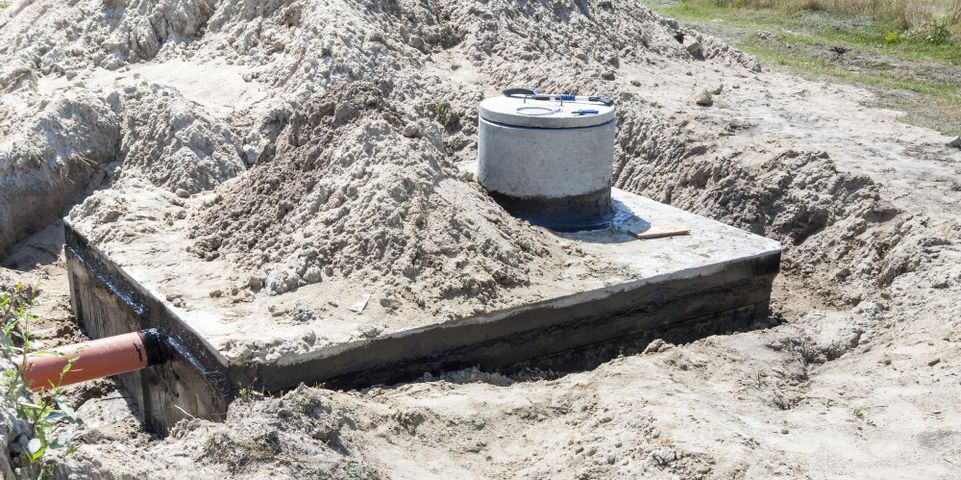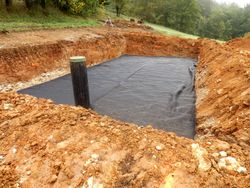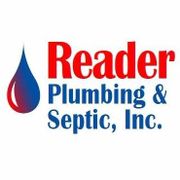
A septic system is designed to safely dispose of waste from homes. To do this, they must be built in a certain way that lets them process the wastewater and safely deposit it elsewhere. A typical system consists of several specific components, each with its own function. When you understand how it works, you’ll be more likely to notice issues in yours and keep it in good condition.
Septic Tank
When wastewater runs through the drains in your sinks, tubs, and toilets, it’s transferred to the septic tank. There, the solid waste is pulled from the water, which goes on to be processed while the solids sink to the bottom. The water is filtered as microorganisms eliminate the contaminants in it.
While several aspects can go wrong in this part of the septic system, clogs in the sewer line or plumbing or excessive volumes of wastewater are among the most common. They stop the wastewater from entering the septic tank, causing water leaks or floods in your plumbing instead. Thorough drain cleaning or repairs can resolve most issues like these.
Distribution Box
 Once the wastewater is clean, it moves to the distribution box, which oversees splitting the water evenly among several different drain lines. Through the drain lines, the water is deposited into the leach field. The distribution box also plays a role in further filtering the water.
Once the wastewater is clean, it moves to the distribution box, which oversees splitting the water evenly among several different drain lines. Through the drain lines, the water is deposited into the leach field. The distribution box also plays a role in further filtering the water.
Like plumbing lines, distribution boxes can become clogged or develop leaks. In such cases, the septic tank and/or the pipes may flood or break as wastewater is pushed back into your home. It’s also possible that the seals between the lines and leach field will deteriorate over time, causing the water to leak rather than find the field.
Leach Field
As the final destination for the wastewater, the leach field uses soil and gravel to filter out the bacteria and other contaminants that the previous components of the septic system couldn’t eliminate themselves. From there, the water is safe to reenter the environment and be reused.
Despite the amount of water it holds, the leach field should not be greener or mushier than the rest of your grass, nor should it emit a foul odor. This usually indicates leakage or a problem with the soil.
For expert assistance with understanding and maintaining every part of your septic system, contact Reader Plumbing & Septic in Kaukauna, WI. With more than 40 years of experience in the industry, they’re happy to offer their plumbing services to keep your home comfortable and healthy. They also prioritize your convenience, even if that means coming over on the weekend. Get a free estimate today by calling (920) 788-2527 or messaging them online.
About the Business
(21 reviews)
Have a question? Ask the experts!
Send your question

